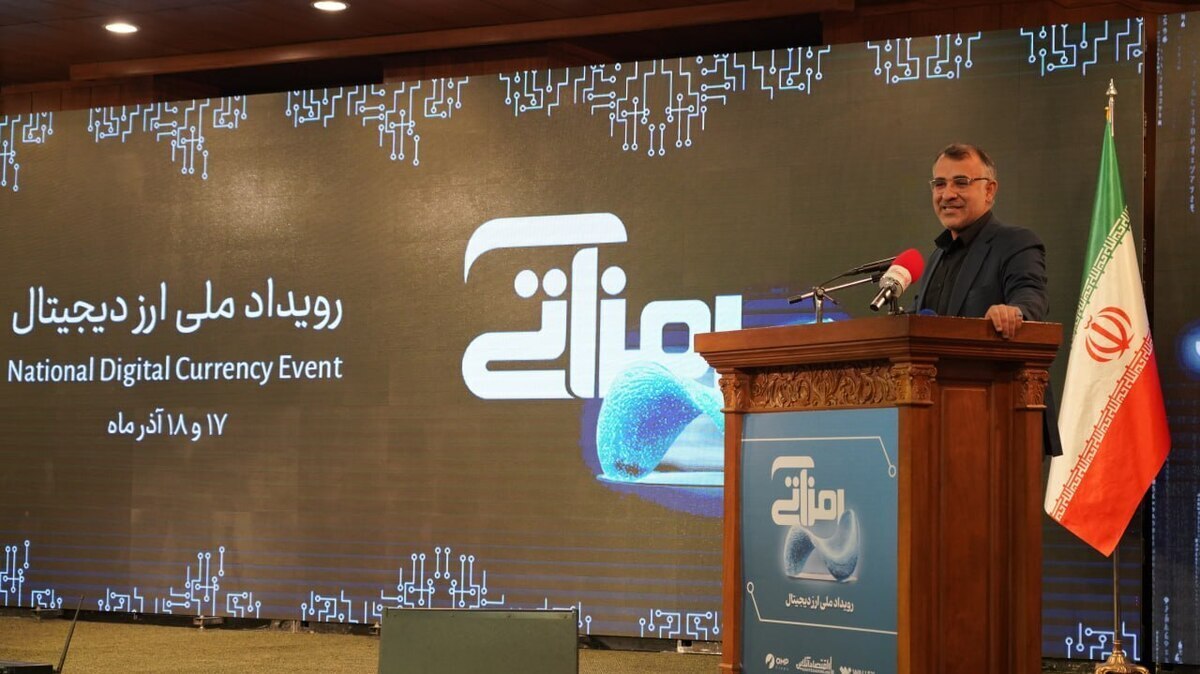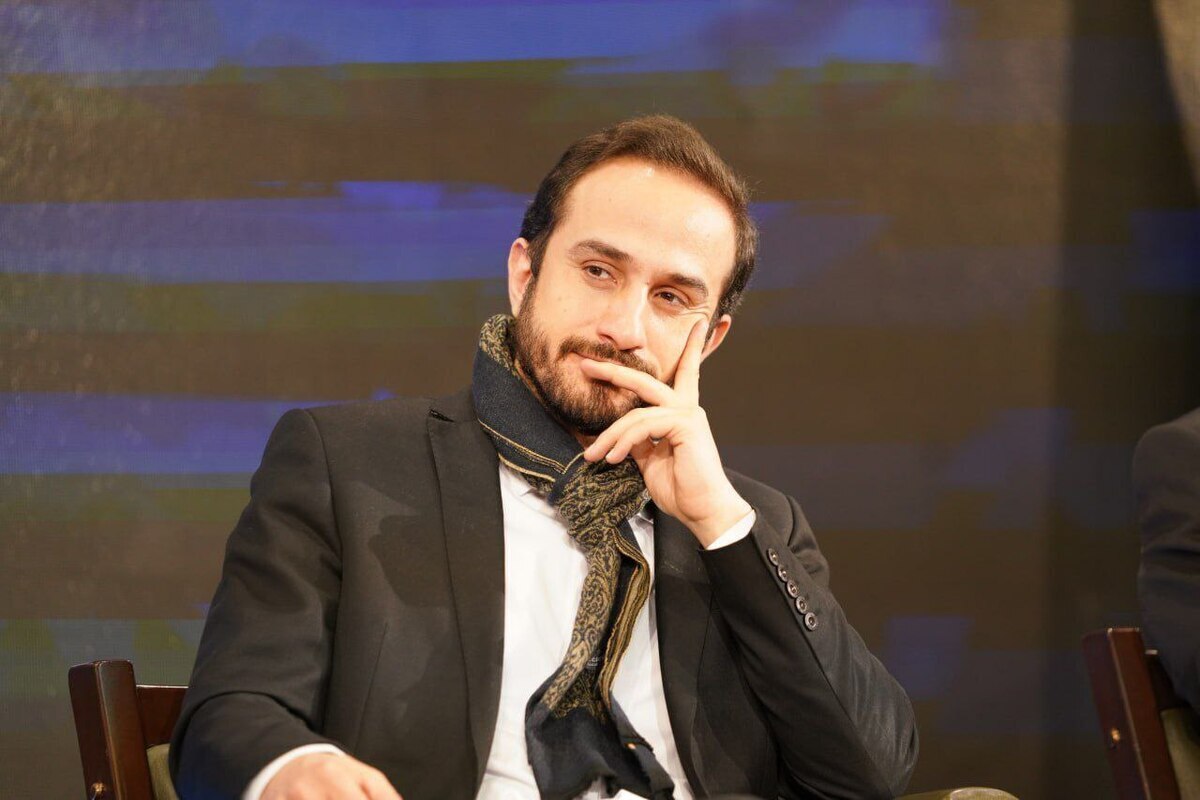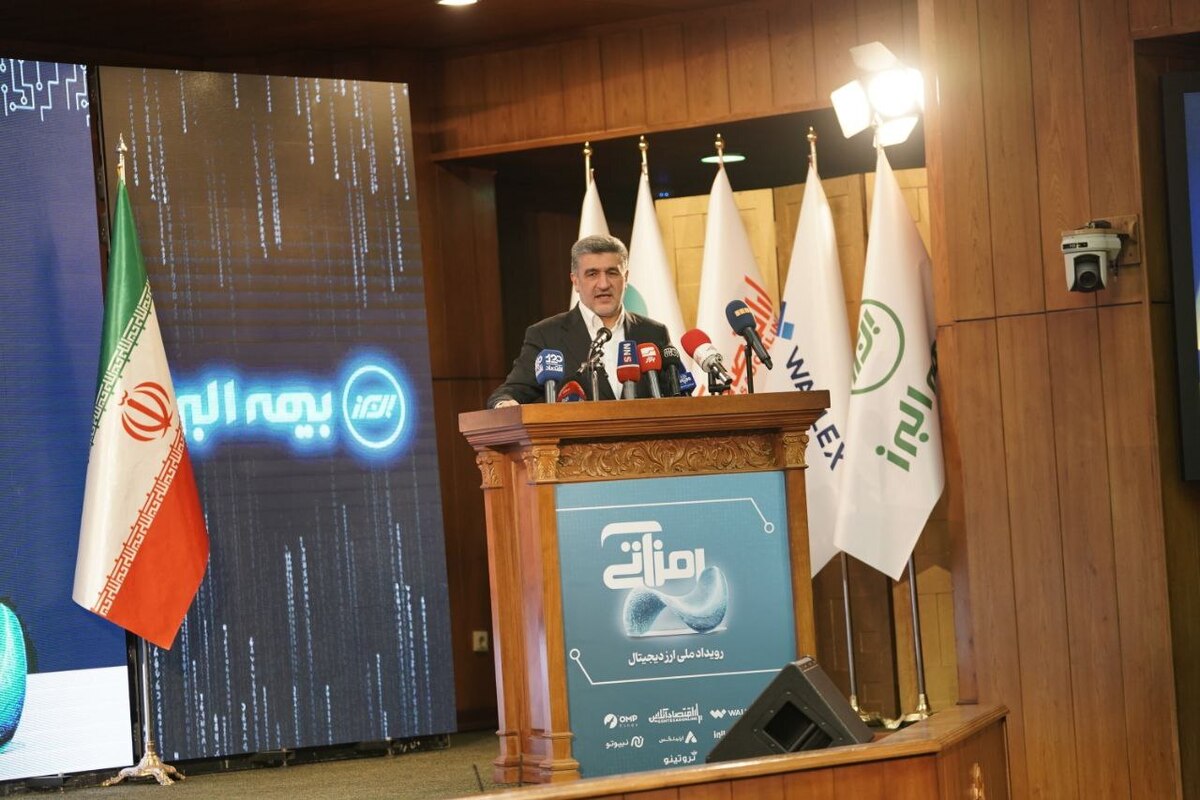
The Government Entered the Cryptocurrency Space Much Later Than the People

Dr. Khani, Deputy Minister and Secretary of the Supreme Council for Combating and Preventing Money Laundering and Terrorism Financing, stated at the National Digital Currency Event *“Ramz-Atee”*: "Our country entered the cryptocurrency space very late, but we hope to achieve our goals with correct and low-cost decisions."
EghtesadOnline: Dr. Khani, Deputy Minister and Secretary of the Supreme Council for Combating and Preventing Money Laundering and Terrorism Financing, said at the National Digital Currency Event *“Ramz-Atee”*: "The management of cryptocurrencies and the challenges it presents are among the hot topics discussed by countries at international conferences. One of the points all countries emphasize is that this field presents a new opportunity for the global financial and monetary system, and all events are happening alongside it. However, there are weaknesses and threats that must be managed."
He continued: "In our own country, one of the serious challenges we face is the ‘surprise behavior’ that occurs when something happens suddenly, and the public culture and the minds of key stakeholders are not adequately prepared. We are following the approach of 'first launch, then adjust.' One of my constant concerns has been that we must focus on the implementation method before we enter the execution phase, which is very important. Especially the coordination needed at the national level, where everyone should act in unison and in harmony to ensure that the benefits of the process are achieved with minimal cost to the economy."
The Deputy Minister emphasized that "we must reach intellectual maturity before system maturity," adding: "Our country entered the cryptocurrency space much later than the people did. However, it's good that we have entered, and we need to catch up with the people first, then address the necessary laws and regulations. One of the features of cryptocurrencies is that their value is not determined by the government, but this is both an opportunity and a threat. We hope that with the Central Bank's official recognition of cryptocurrencies, efforts will be made to raise awareness and educate the public."
Dr. Khani stated: "There are certain problems that increase the costs for the government and the country, especially for the people, when it comes to the use and utilization of cryptocurrencies. Currently, some European and Asian countries are concerned about this issue, because this market has the potential for criminals to exploit it more widely. FATF (Financial Action Task Force) has focused heavily on the issues of money laundering and terrorism financing, and cryptocurrencies are one of the hot topics for this organization, creating serious challenges in other countries. Therefore, while addressing cryptocurrency issues in our domestic considerations, we must also pay attention to international regulations to fully benefit from it."
He continued: "In our country, there is currently a great enthusiasm for the cryptocurrency market, which is a very good opportunity. However, at the same time, many countries are expressing concerns, and this is not unique to any one country. Of course, we are very far behind in this field, and we started very late. We must accept that, compared to the world, we are behind in both recognizing and managing the opportunities. I strongly recommend that we engage with experts in this field. For example, Japan is one of the leading countries in this area, both in terms of regulation and controlling the opportunities and threats related to cryptocurrencies. We too are working to define the role of the financial center correctly and ensure that it plays the right role, with precise analyses of opportunities and decisions, in a way that prevents the issue from becoming emotional or rashly abandoned, causing harm."




